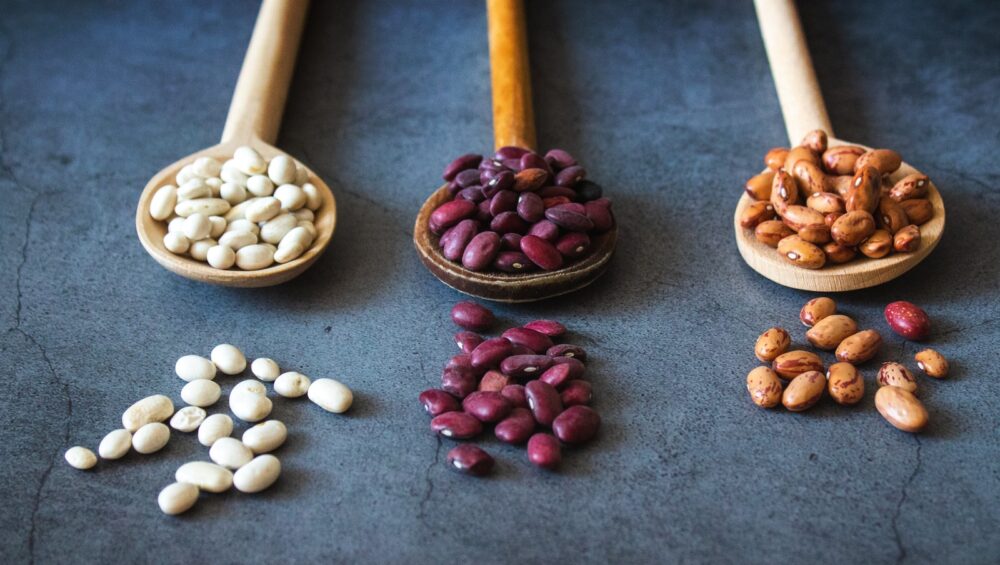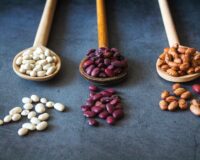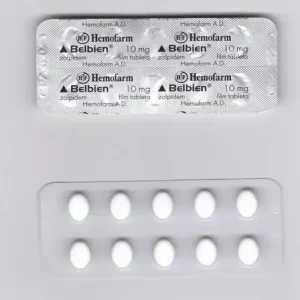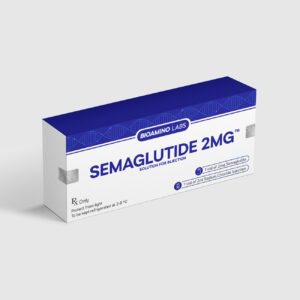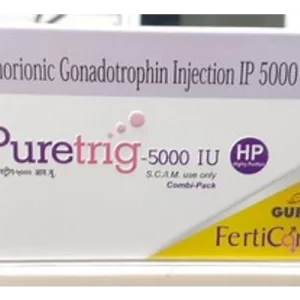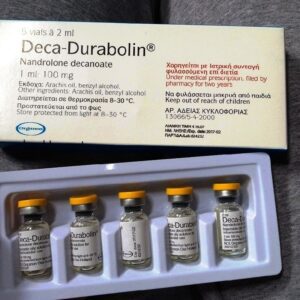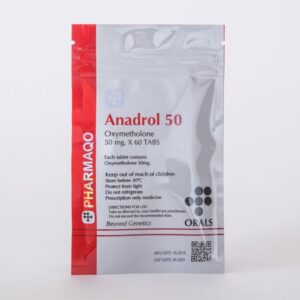If you’re in the world of nutrition and healthy eating, you’ve probably heard about Healthy Lectin Intake. Lectins, which are proteins found in many foods, have been getting quite a buzz in recent health and nutrition conversations because of their potential effects on our health. So, what’s the lowdown on Lectins and how should you incorporate it into your healthy eating habits? Let’s dive in and find out!
What are Lectins and Where are They Found?
Lectins are a type of protein found in a wide variety of foods, particularly in legumes like beans and lentils, and grains. But, they’re also in fruits, vegetables, and even dairy products. Some studies (and quite a lot of media hype) suggest that lectins may contribute to inflammation, gut issues, and even obesity. However, it’s important to note that not all lectins are created equal. Some can be beneficial for our health, while others may indeed cause problems if consumed in large quantities. In other words, when it comes to lectins, it’s all about a Healthy Lectin Intake.
The Controversy Surrounding Lectins
The controversy surrounding lectins primarily stems from the fact that they’re ‘anti-nutrients,’ potentially interfering with the our body’s ability to absorb nutrients. Some health experts argue, however, that focusing too much on the potential negatives of lectins can overlook the huge benefits they can bring. Many high-lectin foods, for example, are packed with important nutrients and fiber, important for promoting good gut health and helping to keep us full and satisfied. Once again, it’s all about Healthy Lectin Intake.
So, should you eliminate all lectins from your diet? Not necessarily. Completely quitting lectins might leave you missing out on a host of beneficial nutrients. Rather than going lectin-free, aim for a balanced and diverse diet – which naturally leads to a healthier lectin intake.
For more information on lectins, you can visit the comprehensive Wikipedia page on Lectins. Also check out this insightful WebMD post on the topic. It’s interesting how some simple eating habits and knowledge can make all the difference to your health.
In conclusion, the key is understanding that not all lectins are bad and that a Healthy Lectin Intake is about balancing your diet to include diverse, nutrient-dense foods. So, let’s keep the conversation going. Eat smart, stay informed and be healthy!
